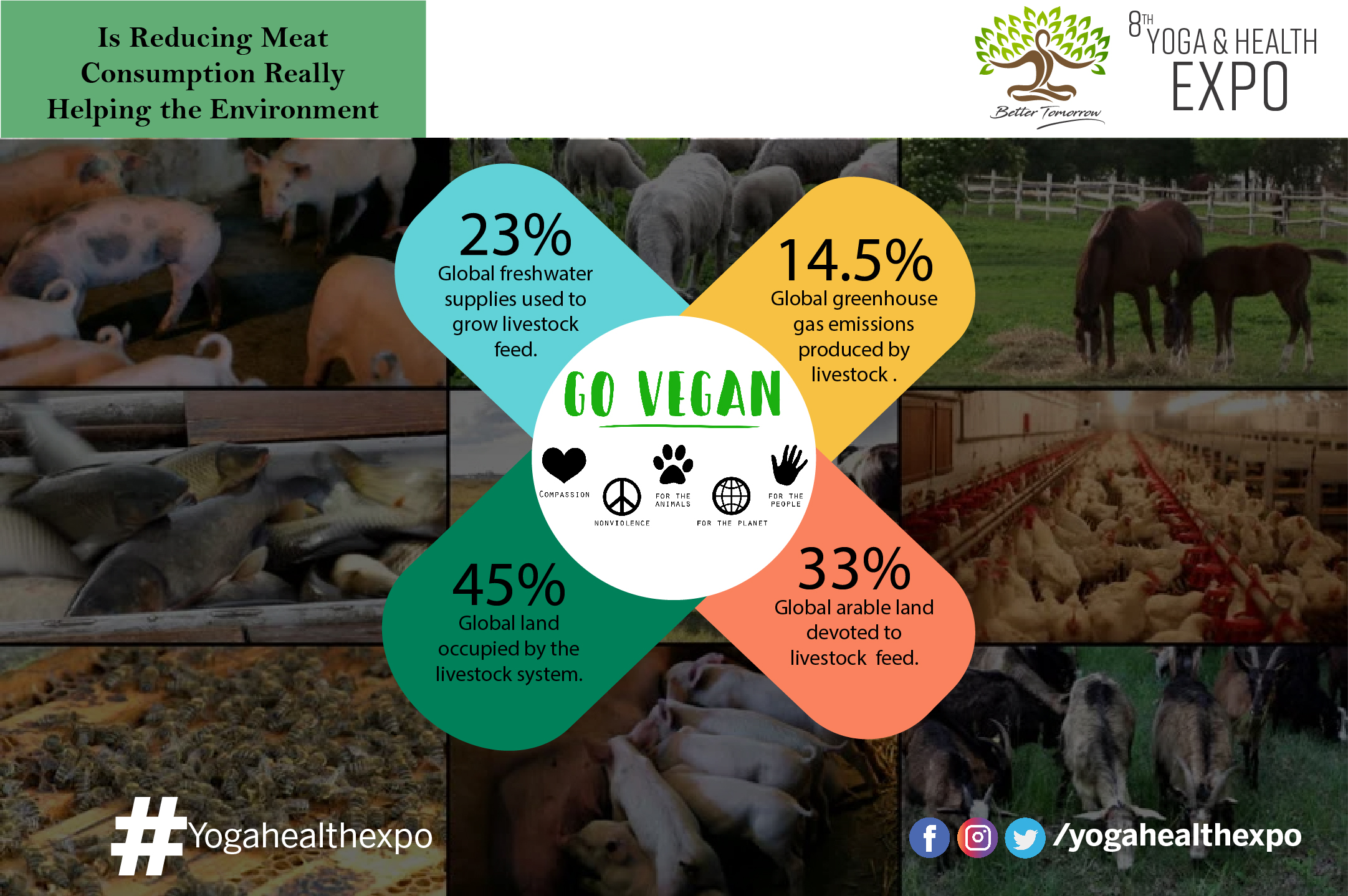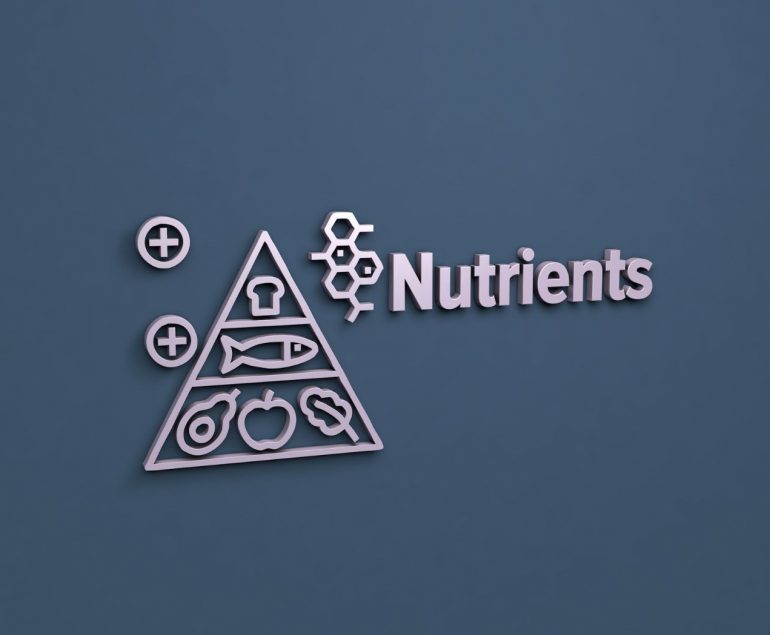With issues of climate change and sustainability finding urgency all around the world, many experts advise us to try and limit our consumption of meat – owing to the environmental impact of the global meat industry. We find out if reducing meat consumption helps the environment, and how vegan foods are replacing the traditional meat industry.
We have more choice than ever before to choose what we eat. But are we making the right ones? With issues of climate change and sustainability finding urgency all around the world, many experts advise us to try and limit our consumption of meat – owing to the environmental impact of the global meat industry. But is it making any difference, and is meat consumption really destroying our planet? Let’s find out.
The global meat industry is nothing less than immense. In 2022, the global industry is worth over $2 trillion! With its presence so prevalent, the scale and intensity of meat production combined with projected population growth estimates show that current practices are bad for the environment.
Here is why:
IMPACT OF EATING MEAT
Health Risks
Diets high in red and processed meats, high-fat dairy foods, processed foods, and sugar are associated with diabetes, cardiovascular disease, and cancers whereas diets rich in fiber, fruit, and vegetables are associated with a reduced risk of these diseases.
Biodiversity Loss
Livestock production accounts for roughly 30% of current global biodiversity loss! With the need for more land to produce more meat, we are losing the lush flora of our planet for specifically animal rearing, only to have them killed in the end. The meat industry is causing an irreversible loss to our planet to produce meat.
Global Warming
According to studies, meat production is responsible for generating about 14.5% of total global greenhouse gas emissions. Moreover, an astounding amount of meat is gone to waste both before and during the manufacture of meat. These practices are extremely harmful to our ecosystem, especially global warming which is directly caused by these greenhouse gas emissions.
Water Usage
About 29% of the total water footprint of the agricultural sector in the world is related to the production of animal products. By not purchasing meat products and avoiding such companies, you have the power to reduce the demand for meat, and thus – save water and conserve the planet.
IMPACT OF NOT EATING MEAT
If you’re looking to reduce your impact on the environment, going vegan is one of the best choices you can make. Here is why:
- Plant-based options high in protein and, alongside a well-balanced diet of plenty of fruit and vegetables, will mean you aren’t going without the vitamins you need. You will find equal amounts of natural nutrition in a vegan diet without hurting your
- Producing plant-based meat emits up to 90% fewer greenhouse gasses than producing conventional meat. If more people were to adopt veganism as a diet, the impact could cause a major shift in the ecosystem and help slow climate change.
- The global meat industry is notorious for polluting our oceans. When we leave land animals and fish off our plate, we are contributing to stabilizing the marine ecosystem as well as giving marine life a chance to thrive once again.
Reducing demand is the most significant factor in taking a stand against meat production. Ease your diet’s burden on the planet and choose veganism.
Established in Vancouver, Canada, the Yoga Health Expo 2022 will be a one-day festival celebrating the joys of good well-being through a holistic approach to the Yogic way of life including Yoga, Veganism, and Vegetarianism in our lifestyle. The celebration shall welcome famous yoga teachers Vancouver, interactive yoga classes Vancouver and a platform for vegan products and vegan food Vancouver.
For more information on our upcoming Yoga Festival & Health Expo, please visit: https://yogahealthexpo.com/


